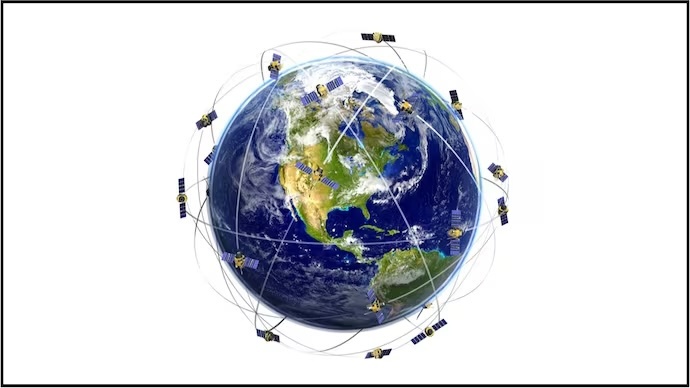1.05.2024
The report gives significant insights into the challenges in space traffic management and satellite operations.

The Indian Space Research Organisation (Isro) has released its comprehensive Space Situational Assessment Report (ISSAR) for the year 2023, revealing it conducted 23 collision avoidance manoeuvres to safeguard satellites.
The report gives significant insights into the challenges in space traffic management and satellite operations.
The report detailed that Isro received approximately 1,37,565 close approach alerts from the US Space Command (USSPACECOM), with about 3,033 alerts involving satellites coming within 1 km of each other. Despite these frequent close encounters.
The year 2023 also saw a peak in the number of collision avoidance manoeuvres (CAMs) executed by Isro, although specific interventions were not necessary for high-profile missions like Chandrayaan-3 and Aditya-L1.

This highlights the effectiveness of Isro's monitoring and coordination efforts, which involve meticulous reassessment of USSPACECOM data using more precise orbital information of Indian satellites.
The growing satellite population poses unprecedented challenges for space traffic management. Currently, there is no universally accepted framework for managing space traffic, on the lines of regulations that govern air and marine traffic. This gap necessitates ad-hoc coordination between satellite operators to resolve potential conflicts, a task that is becoming increasingly complex with the crowded nature of popular orbital regimes.
Moreover, the report reflects on the broader implications of expanding space activities.
New ventures such as mega constellations, space tourism, and extended human presence beyond Earth are pushing the boundaries of traditional space operations. These activities not only enhance the risk of collisions but also contribute to space debris, which remains a critical concern for operational safety and sustainability.
Isro’s report also highlights the successful re-entry of eight Indian satellites, including the controlled descent of Megha-tropiques-1, which was part of a rigorous de-orbiting exercise. Additionally, the report notes that 82 rocket bodies have been placed in orbit by Indian launches up to 2023, with 52 fragments of the PSLV-C3 still orbiting following an accidental breakup in 2001.
